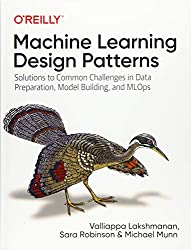Rating: 7.9/10. Book about design patterns specific to machine learning training and productionization. Design patterns are useful since they’re tried-and-tested solutions to reoccurring problems. Even though I’ve used ML in my work for several years, some of these patterns are still new to me. The book is aimed at ML practitioners in the industry and…
Author: Bai Li
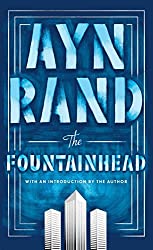
The Fountainhead by Ayn Rand
Rating: 6.9/10. Novel by libertarian author Ayn Rand, set in New York in the 1920s featuring two young rival architects. The story begins with Howard Roark expelled from his architecture school for his unwillingness to conform to the standards of the establishment; he has a distinct modernist style and refuses to compromise to please others….
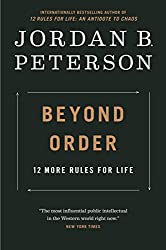
Beyond Order: 12 More Rules for Life by Jordan B. Peterson
Rating: 8.0/10. Jordan Peterson’s sequel to 12 Rules for Life, written after a lengthy break due to medical issues. The content is similar to his first book and there is a lot of overlap with the similar messages of being truthful to yourself and others, taking responsibility for your own life, confronting problems when they…
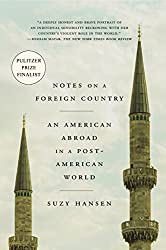
Notes on a Foreign Country by Suzy Hansen
Rating: 7.9/10. Summary Book about American’s involvement in the Middle East. The author is an American journalist who stationed in turkey, and discovered surprising things about how the locals viewed her country. For most of recent history (except for the 9/11 attacks), the relationships were one-sided: America intervention has always been a key part of…
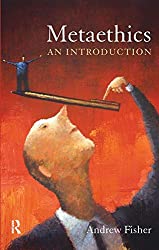
Metaethics: An Introduction by Andrew Fisher
Rating: 7.6/10. Summary Metaethics is a second-order philosophy: whereas normative ethics is the study of principles of what’s right and what’s wrong, metaethics studies what we’re doing when we talk about ethics. Are moral facts real, expressing a belief, or expressing an emotion? How do we know if a moral fact is true? The book…
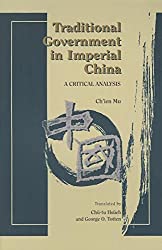
Traditional Government in Imperial China (中国历代政治得失) by Ch’ien Mu
Rating: 7.8/10. Book about how the government and its institutions functioned during several ancient Chinese regimes: the Han, Tang, Song, Ming, and Qing dynasties. The author Ch’ien Mu (钱穆) was born at the end of the Qing dynasty and is considered one of the greatest Chinese historian / philosophers of the 20th century; this book…

Digital Marketing Strategy by Simon Kingsnorth
Rating: 6.6/10. Book about various topics related to digital marketing, which is marketing any kind of business using digital resources, like ads, email, social media, etc. Topics include how to do SEO, content marketing, social media, personalization, customer retention, company branding, and an assortment of other things. This book is not very well-written, even though…
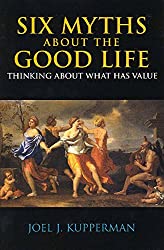
Six Myths About the Good Life by Joel J. Kupperman
Rating: 7.9/10. Summary Fairly short book by a philosophy professor asking “what makes a life good?” This is a fundamental question for ethics because any ethical theory must assume some kind of utility function (what is good for an individual) before it can consider what’s best for society as a whole. This book examines a…
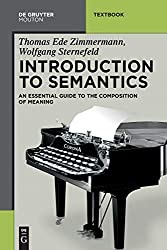
Introduction to Semantics by Zimmermann and Sternefeld
Rating: 8.5/10. This is an introductory textbook on compositional semantics, which uses higher order logic to represent meaning of words when combined together. This is different from lexical semantics, which is concerned with the meaning of individual words. Below are my notes. Ch1: Lexical Meaning Semantics deals with literal meaning, which excludes hidden / metaphorical…

Propaganda by Edward Bernays
Rating: 8.0/10. Summary Handbook on propaganda written by the “father of public relations” Edward Bernays in 1929. The word “propaganda” did not always have a negative connotation, it used to be neutral like “marketing” and only acquired its negative connotation after WW1. Bernays created a number of influential propaganda campaigns, and in fact, nearly all…
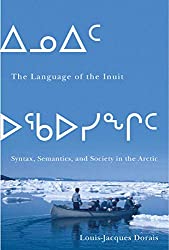
The Language of the Inuit by Louis-Jacques Dorais
Rating: 7.8/10. Academic book describing various aspects of the Inuit languages, spoken by about 110k aboriginals in Alaska, Northern Canada, and Greenland. The Inuit languages are part of the Eskimo-Aleut language family, whose homeland is around the Bering Strait. The Aleut (Unangax) language is the most divergent, followed by several Yupik languages in Siberia and…
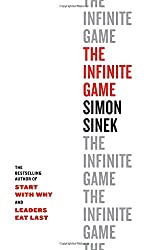
The Infinite Game by Simon Sinek
Rating: 6.0/10. Business book about how businesses should think more long-term. An infinite game is one with no endpoint, so there’s no such thing as winning, the objective is to keep on going. A business should have a “Just Cause” — a fundamental reason for existing, beyond growth or profit. Examples include a seed bank…
